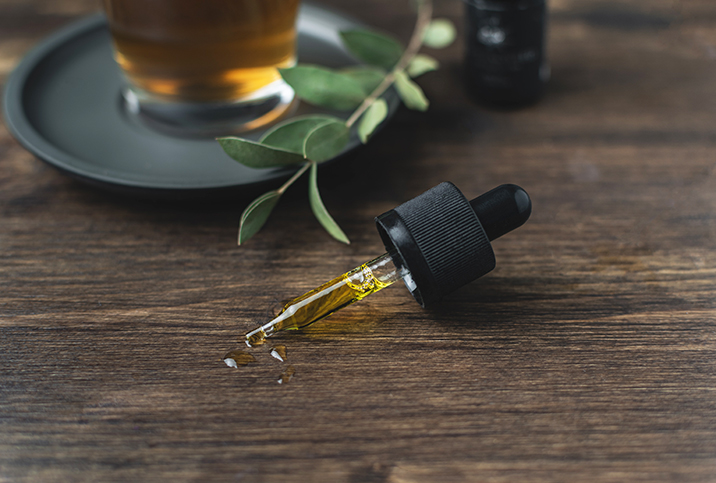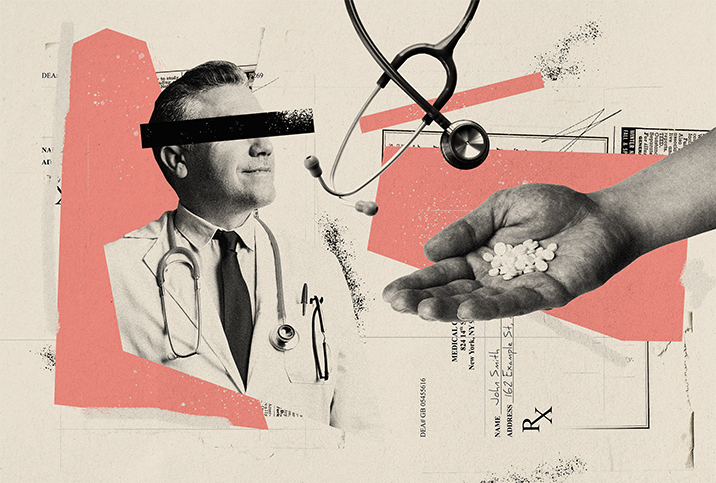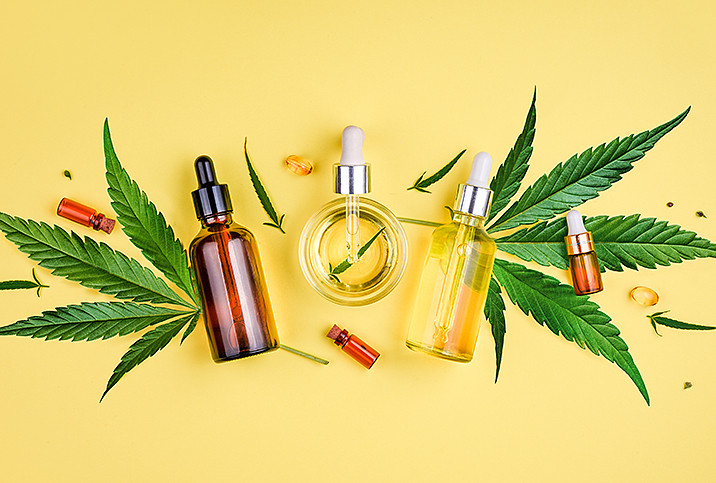Why Would Anyone Take Fentanyl?

Even with news that many of the healthcare companies involved are being held accountable for their role in the opioid crisis, you don't have to pay a lot of attention to the media or emerging health statistics to know opioid use remains a very serious problem in the United States.
Fentanyl is one of many synthetic opioids that has received a lot of attention amid the current crisis. The drug is incredibly strong, provides a cheap substance to cut others with and is produced in large quantities both legally and illegally.
It's also viciously dangerous to human beings, which makes it difficult to believe anyone would take it, especially as its dangers are well known and easy to research.
Is it really all in your mind?
One of the complexities surrounding the use of certain substances has to do with a general ignorance surrounding the nuances of addiction and addictive behaviors. Karol Darsa, Psy.D., a licensed psychologist in Los Angeles and a published expert on trauma mapping, said that while we have made improvements in how we view the likelihood of addiction, in some ways, that only exaggerates the murkiness of dealing with the issue itself.
"When I grew up, we used to believe, 'If I use one time, that's it, I'll be addicted for the rest of my life,'" she explained. "Now they're finding much more information about how people are predisposed to [addiction], right? There's a genetic factor, so like if you have an addicted parent, you are more likely to be an addict than somebody who does not. The environment definitely affects how much you will be attracted to that, but trauma also."
As for fentanyl, it's easy to see how the drug's placement at the intersection of pain and pleasure plays into its popularity. We'll get to the pleasure part, but for deeper insight into the web of addiction and addictive behaviors, it's important to consider how escapism overlaps with euphoria.
"Any addiction is very similar to each other. It's just that it shows up in a different way," Darsa said. "So you can be addicted to sex, drugs, food, emotions, gambling, right? The core is the same: the escape, the not wanting to feel, the wanting to forget, the high, the necessity for high. It can be achieved through anything. And everyone has a choice. In fact, it's called choice of drug. So your choice of drug could be television. Even work can be an addiction. It's just really the inability to sit with yourself, the inability to feel negative feelings and an inability to tolerate daily stress or past traumas. And so, in order not to feel them, people find different ways to numb their feelings."
Unfortunately, fentanyl frequently finds itself firmly entrenched in the midst of many different addiction-inducing factors.
The chemical/physical factor
TJ King, an outreach coordinator with the Nebraska AIDS Project in Lincoln, has many years of sobriety under his belt. King visits monthly with individuals dealing with substance use at a facility called CenterPointe, educating them about PrEP access, and also serves as an ally and advocate within his own community.
"Fentanyl is a synthetic opioid and basically, like any narcotic, was [used] to treat severe pain," King explained. "Unfortunately, people take something that could be good and they turn it into something bad…unfortunately, fentanyl is lethal."
In addition to being lethal, it's also legal. Between the abundant supply circulating in and out of official channels and marketplaces and the illegally produced supplies of fentanyl being trafficked, it's essentially everywhere.
"And what's happening is that it's taking people out in droves," King said. "What's crazy is that overdose deaths are nearly 12 times higher in 2019 than they were in 2013."
King is personally aware of many friends and associates within his own outreach community who have abandoned all recreational drug use for fear of unintentionally encountering fentanyl in ways that could prove incredibly damaging or deadly.
We know addiction is not a problem most people can overcome by sheer force of will. As Darsa said, for people with addictions, the need for escapism and euphoria frequently outweighs concern for their own well-being.
"I've seen an uptick in people that are using MDMA drugs—meaning ecstasy and molly and things like that—[with fentanyl] because it's a cheap thing to cut with, and the amount they're using is just putting so many people at risk," King said. "And with a designer drug like ecstasy and molly anyway, there are so many different components that go into it, you don't exactly know what you're getting anyway. You add fentanyl and you're just playing with fire."
Getting help to avoid fentanyl risk
The safest measure you can take to protect yourself from the risks associated with a substance such as fentanyl is to only take the drug under the supervision and directions of a prescribing physician. Another smart step is to avoid any recreational drug if you are unaware of the source or ingredients. At the very least, you should avoid obtaining drugs from anonymous or untrusted sources.
If your lifestyle includes drug use and you don't see yourself being able to stop immediately, resources are available. Therapy, support groups and peer mentorship can help you manage your substance use and/or addiction. A number of emergency phone lines and chat options online are designed to help you approach this issue in your own way.


















